Knowing
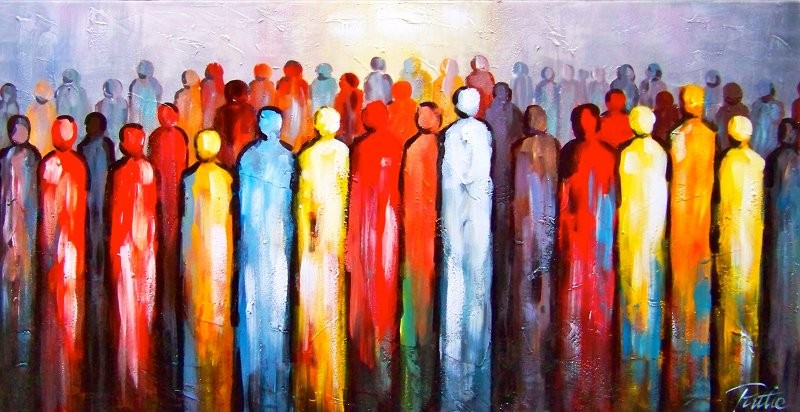
One of my favorite philosophers, Joseph Campbell, once said “he who thinks he knows, doesn’t know. But, he who knows that he doesn’t know, knows”.
Going into this class just a few short weeks ago, I thought I knew a lot. I thought I knew my opinions and why I had them. And, more importantly, I thought I knew other’s opinions and why they had those. I was ready to learn and grow, delve into deep dialogue, and find answers to the many controversial issues crippling society.
Though, to my surprise, this class did not reveal many answers, but rather, left me with way more questions.
And I was much better off because of it. So often, I go into conversations trying to prove myself right, trying to find the ultimate, one-track solution to any controversial issue at hand. But this class challenged me to toss out my ego and play with the idea that there are no single solutions—and no single problems either.
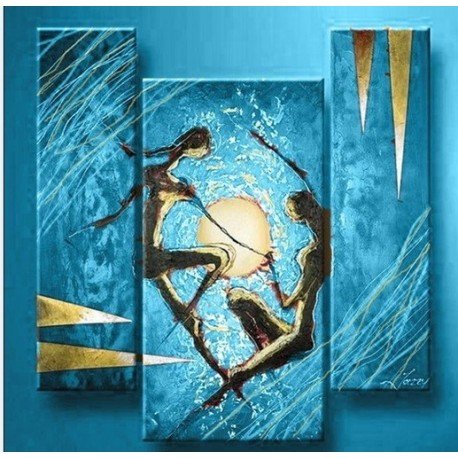
Before this class, I thought that controversial issues were controversial because of the two opposite opinions dividing them: pro-life vs pro-choice, pro-guns vs pro-gun control, and LGBT allies vs enemies. But, when I sat with my colleagues, I found that these issues were made up of so much more than two opposing opinions.
I am going to share one of my journal entries that represents this realization:
“Walking in, even after reading the designated articles, I didn’t feel too passionate about either issue. It seemed so simple: either you thought guns were necessary, or you didn’t. And, frankly, no one with the opposite opinion would really change mine. Oddly enough, however, once we got in the small groups and started talking, I didn’t realize how much more nuanced this issue was. And how little I really knew about the issue. It’s interesting how just talking with others cannot only help us express, affirm, and challenge our opinions, but actually reveal those opinions in ways we never could have expected.
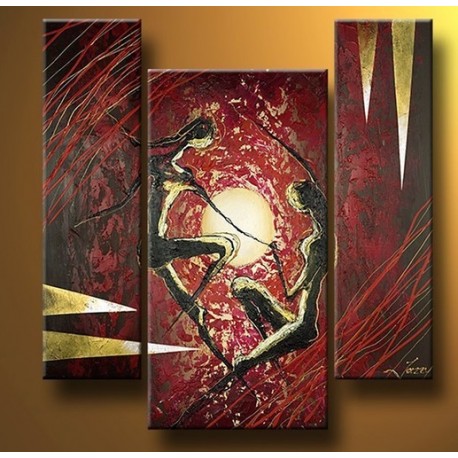
My group didn’t focus on the intricacies of the second amendment or the double bind of liberty and safety, or even our unique opinions for that matter. We agreed that we all shared one goal: decreasing violence.
This problem-solving approach helped us to come up with more questions rather than answers, helping me learn a lot more in the process. Instead of arguing over two extreme opinions that would never find common ground, we started from the common ground we shared. That common goal of decreasing violence didn’t operate by tearing down irrational arguments, but rather, functioned as a spark for conversation about why the arguments even existed in the first place. We didn’t come up with any answers or solutions, but we definitely developed more questions, different reference points, and a deeper understanding of “the other side”.
In that journal entry, I used air quotes around this idea of the “other side” because it’s only a perception. We may have different opinions, biases, and experiences, but at the end of the day we all want the same things: more peace, respect, equality, and compassion.
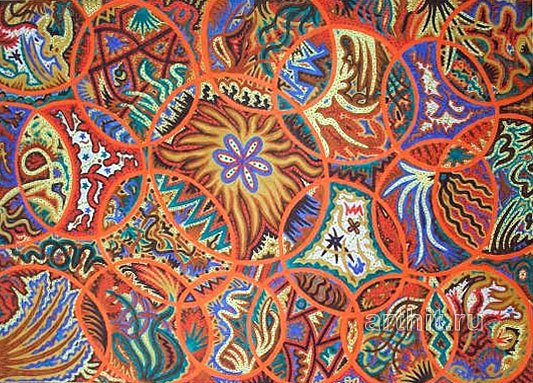
When we look at our personal experiences, values, and common goals, it becomes clear that we aren’t so fundamentally different after all. And even though I think we would all admit this is true, we tend to enter dialogue with the assumption that our own opinions are different, better, and unchangeable.
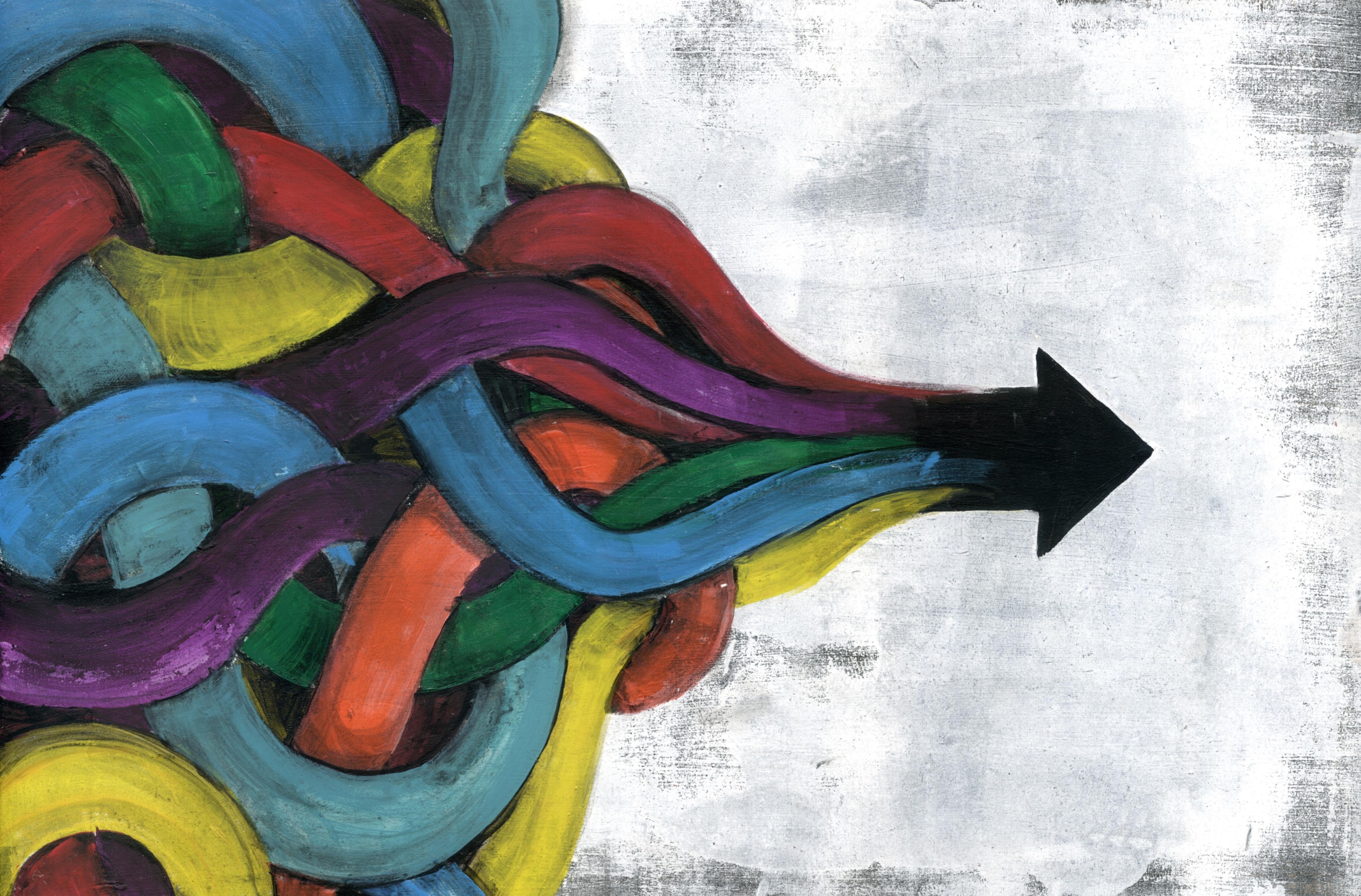
I think that Joseph Campbell was on to something when he said “those who think they know, don’t really know. But those who know that they don’t know, know”. Because, when we engage in dialogue with a sense of willingness to discover the unknown and bravely embark on a journey that will raise more questions than answers, we will find the common ground that leads to true knowledge.
Thanks for reading, I'd like to hear what you think. And, as always, Stay Curious!
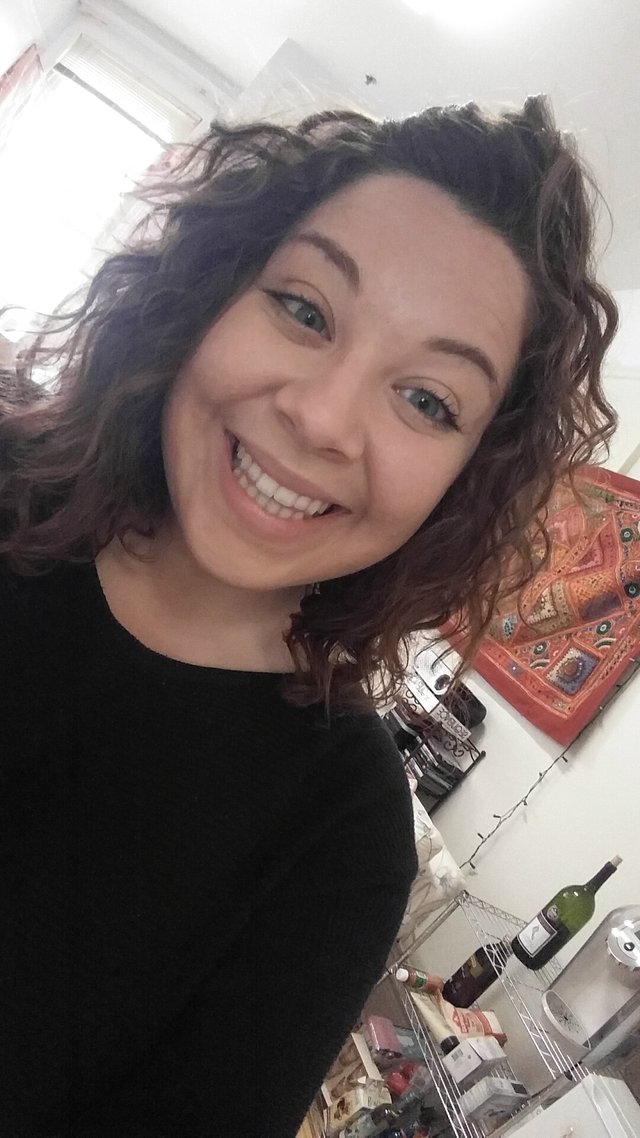
Image Sources

https://www.judaica-art.com/3-piece-sets/1928-unity-2-oil-painting-abstract-art-gallery.html
https://www.judaica-art.com/3-piece-sets/1921-unity-oil-painting-abstract-art-gallery.html
http://www.arthit.ru/abstract/0079/abstract-art-40.html
http://www.theinclusionsolution.me/inclusion-is-a-journey-not-a-destination/
Nice post and great selfie!
I think we often do have more in common than we have differences. We're just tribal animals who need things to define our group from the other group. But even though we have tribal tendencies, we can still have civil discussions with others and possibly modify our opinions or agree to disagree.
Best line in here, for me, is "we got in the small groups and started talking..." I think that is important in college and university, to be exposed to a universe of ideas which can be discussed in depth to discover the nuances. I think we need more talk, more exposure to ideas that we may not agree with, if they are presented in a thoughtful manner, rather than less talk.
Thank you for your insightful comment, It's good to hear that you also see the value in discussion because it helps us to define ourselves even further. I think that exposure is so crucial to our development, and you so eloquently added that its important specifically at university! Colleges and universities are having a difficult time, I think, managing the perceived balance between political correctness and open dialogue and that comes with a disadvantage to students! The answer is simple, like you said, "More talk, more exposure".
Thanks for reading and commenting, it means a lot :)